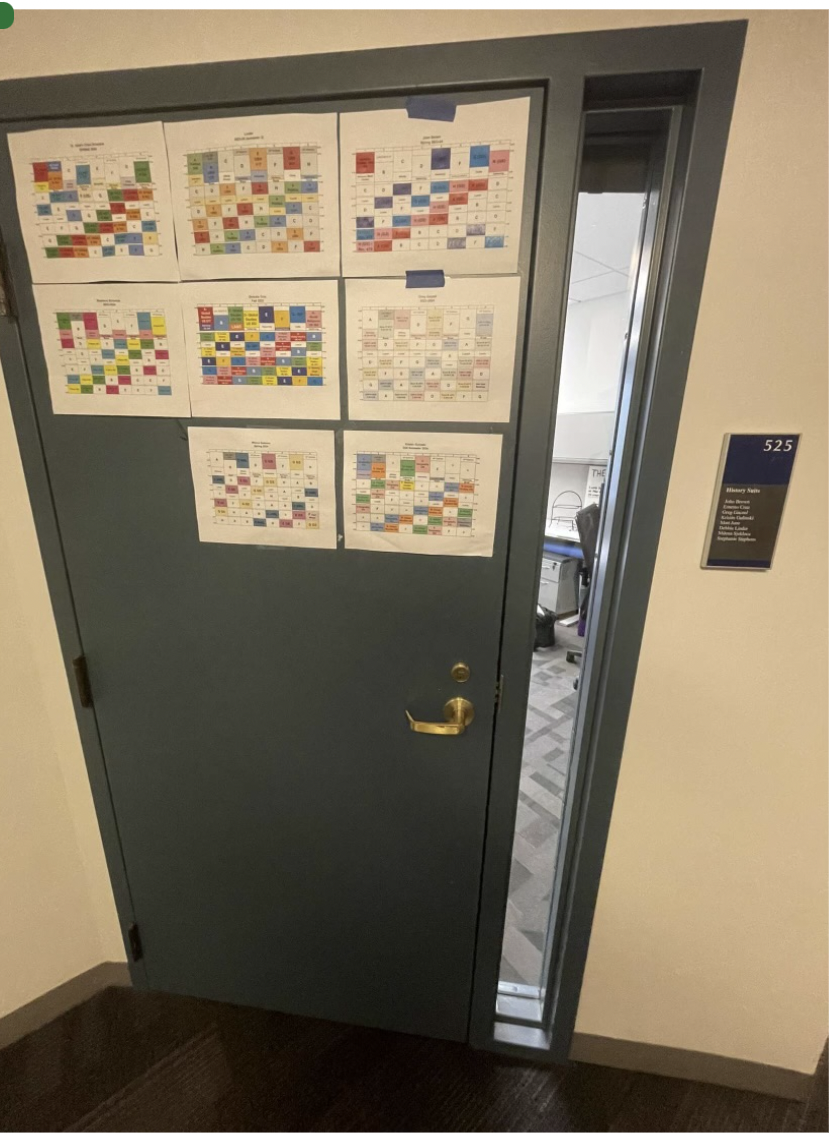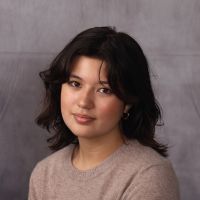At least 2900 students across 39 campuses have been arrested this spring for large-scale protests surrounding the war and humanitarian concerns in Israel and Palestine. These demonstrations, coinciding with college admission season, have left many current Latin students on an unsteady footing about their next four years, weighing both administrative responses and larger political implications.
Students at Columbia University assembled the first protests on April 17, urging the university to divest from corporations in financial support of the war. Student demonstrators began building encampment zones, staking down tents on the campus’ South Lawn. These protests have roots in the Boycott, Divest, Sanctions (BDS) movement, a Palestinian-led effort aimed at reducing American involvement in Israeli military and political operations.
Many Columbia students and alumni are well-versed in the university’s history of student demonstrations—and some are witnessing them occur on campus for a second time. Columbia alum Ian Marshall, who graduated from Latin in 2010, said, “Columbia actually divested from private prisons when I was an undergrad. I’m not totally convinced that there is an effective form of protest that we can do domestically that will affect foreign policy or what’s going on in Israel-Palestine, but there is a proven path that Columbia students have had in the past to change the university’s investments.”
In 2013, Columbia became the first university in the country to divest from corporations that profit from private prisons—a decision made in response to the urging of student-led protests.
While demonstrations calling for divestment from Israel have spread to campuses nationwide, Columbia has remained at the center of media coverage because of the scale of the protests and the intensity of the pushback against them. In particular, Columbia has faced scrutiny for its use of police and military force against student protestors.
“What’s happening now isn’t remarkable because of different tactics,” Ian said. “It’s remarkable because of the willingness to send, effectively, a paramilitary group to deal with students. The [New York Police Department] is the largest police force in America and has a larger budget than all but eight military groups on the planet. To turn that force against peaceful protestors is pretty shocking.”
Latin senior Uma Vadali, who is planning to attend Columbia’s sister school Barnard College in the fall, said, “It’s a liberal arts college, and people are expressing their views with the education they’ve received from that college, and the fact that they’re getting suppressed—I don’t like that, and I hope it doesn’t get to a point where they have to cancel classes.”
More than 300 arrests have been made on Columbia’s campus alone since mid-April, including those of many notable faculty and staff members.
In a similar procession of events, history professor Annelise Orleck of Dartmouth University was arrested on May 1 for demonstrating. Following her arrest, administrators suspended Orleck from campus as a condition of her bail. Current Dartmouth freshman McLaine Leik ‘23 said, “I was surprised to hear a professor was arrested, and I know people were very upset that she was initially banned from campus as part of her bail, similar to other non-student protesters.” Bail administrators then reversed Professor Orleck’s ban from campus, and she returned on May 3.
Dartmouth’s protests have been smaller and milder than those of fellow Ivy League schools.
“Sometimes there will be student activists sitting quietly with posters in the library lobby or people calmly writing messages in chalk on the sidewalk, but the activists aren’t disrupting campus life,” McLaine said.
“Dartmouth has been very proactive regarding the Israel-Palestine conflict since the first student arrests in the fall,” McLaine said, “so after seeing what was happening on other campuses with recent protests getting out of control and commencements being canceled … it wasn’t a complete surprise that Dartmouth’s administration would be proactive.”
Outside of interactions between students and their administrators, conflicts over the war have become frequent among student and alumni groups. “The so-called core curriculum at Columbia has been the same the entire time the university has existed,” Ian said. “I just find it hard to believe that if you read all this philosophy like ‘The Nature of the State’ and ‘What We Owe to Each Other,’ and just about ethics in general, you would come to the conclusion that everything’s fine.”
“Just because we went to school together doesn’t mean we all agree, but I think the [disagreement] I found most disorienting was the response to the police being involved. You could have a different opinion on the ethics of protest, or whether it’s something you personally care about—that’s fine. I think it’s the fact that the NYPD is still on campus. I find it really hard to believe that other people are just like, ‘Oh, it’s for [the] student’s safety.’ No one with a gun is for anyone’s safety.”
Many students believe the protests have exacerbated rifts between Jewish students and their non-Jewish peers, and even within Jewish spaces themselves. Northwestern junior Eytan Raviv ‘21 said, “It is deeply upsetting to see that many of these protestors aren’t advocating for [the] peaceful coexistence of two groups of people. Both Israelis and Palestinians are not going anywhere, and I believe the only way forward is to find a compromise that gives freedom and peace to both groups. These protests are not getting us any closer to that.”
Vanderbilt freshman Ryan Rose ‘23 said, “Perhaps what concerns me the most is how far detached many protesters I see at Vanderbilt are from reality. I struggle to wrap my head around a movement that calls for violent revolution against Israelis and Jews while also demanding that Israel lay down their arms without the hostages being released.”
“Many of us on the pro-Israel side—myself included—empathize with the plight of Palestinians but struggle to believe that the protesters are truly ‘pro-Palestine’ when it doesn’t sound like peace is their end goal,” Ryan said.
Vanderbilt has taken a predominantly disciplinary approach against student demonstrators, expelling, suspending, or placing on probation 50 students for their involvement in campus protests.
“The Vanderbilt administration has remained a strong advocate for free, nonviolent expression while also showing its support for Jewish students,” Ryan said. “We’ve had ambassadors, faith leaders, and more lead our school in engaging in meaningful, respectful, and difficult dialogues surrounding the October 7 massacre and the ongoing war in Gaza.”
West Coast colleges have also seen similar tugs-of-war between students. After pressure from the student-led organization Trojans for Israel, the University of Southern California (USC) chose to cancel the class of 2024’s valedictorian speech at graduation. USC’s valedictorian, Asna Tabassum, a Muslim-American student, was told before graduation that the university would be unable to assure her safety during her speech. In the following weeks, USC canceled the graduation ceremony entirely.
USC freshman Elro Starr ‘23 said, “What I’m aware of is that [the administration] canceled our valedictorian’s commencement speech because they claimed that they could not protect [Asna Tabassum] from Zionist threats. She has a minor in resistance to genocide, so it’s very ironic for the university.”
USC’s response to the protests has caused other tensions on campus. Elro said, “[The administration] shut down all but two gates, which was a huge pain for the entire student body because it was finals. I know many, many people who were late to their finals [or] who couldn’t get to classes or things that they needed, so I don’t think the university responded very well.”
June begins with many schools making compromises with student protestors. Most include some form of recognition of the conflict and permission for peaceful demonstrations, but none involve divestment from Israeli war efforts. On May 9, Israel began its ground invasion of the southern city of Rafah, and the national attention on college protests shifted back to the international stage of the war.
Eytan said, “It is easy to scream catchy chants without knowing what they mean or how they even connect to the conflict. It is much harder to read and understand what is actually going on. But we owe it to those suffering in the Middle East, Palestinians and Jews alike, to hold ourselves to an intellectual standard capable of driving real change.”









































